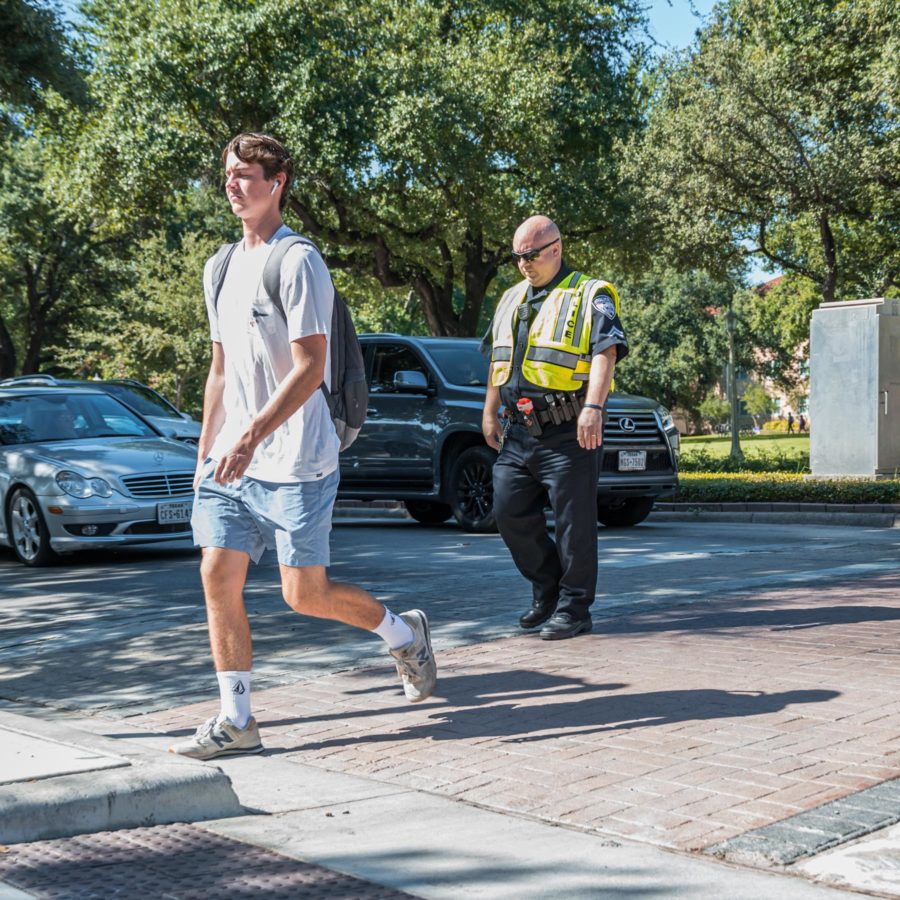No signature, no screening.
Texas lawmakers are considering new legislation to strengthen parental consent rights regarding psychological and psychiatric testing in public schools.
Senate Bill113 would require school district employees and contractors to obtain written, informed parental consent before conducting any psychological or psychiatric examinations, screenings, or recordings involving students, with limited exceptions.
The bill also broadens the definition of such assessments to include surveys, check-ins, and screenings embedded in academic lessons – a move supporters say will improve transparency and parental control.
Background and purpose
Sen. Bob Hall, R-Rockwall, is the bill’s sponsor.
If passed, SB113 would amend Section 26.009 of the Texas Education Code and take effect on September 1, 2025. It would shift the current opt-out model for student mental health surveys to an opt-in system, requiring active parental approval before a student could be assessed.
Dr. Camille Rodgriguez, a Fort Worth ISD trustee and long-time public education advocate, said she supports measures that keep parents informed while allowing districts to act in students’ best interest.
“I believe parents must decide what is best for their children,” Rodriguez said. “If it is a medical emergency, the district must serve in the best interests of the student. But for routine screenings or surveys, consent can be given at the start of the school year.”
Rodgriquez emphasized the importance of two-way communication between schools and families.
“This will provide an extra layer to make sure no child is falling through the cracks,” she said. “Making parents aware of mental health issues may open the door for more information, dialogue, and support.”
Support from advocates and community leaders
Laura Davis, president of Texas Parents United, supports SB113 and sees the bill as a major win for parental rights in education.
“We strongly support SB113 because we believe parents are best positioned to recognize when their child may be experiencing a mental health issue,” Davis said. “They should be informed and involved throughout the entire process.”
Texas Parents United is a coalition of parents, grandparents, teachers, and community members focused on educational excellence and the protection of parental rights.
Davis, a mother of two, became involved in advocacy during the COVID-19 pandemic and believes current school practices do not adequately inform parents about mental health surveys.
“Under the current opt-out model, many parents are unaware that these surveys even occur,” she said. “SB113 changes that by requiring written consent before participation.”
Davis raised concerns over survey content that she said can be too personal.
“We’ve heard from numerous parents who felt these surveys were invasive, with questions like, ‘Do your parents yell at each other when they fight?'” Davis said. “This probes too deeply into family dynamics without parental knowledge or permission.”
Practicality and district operations
Rodriguez said she does not believe the bill would negatively impact daily operations within Fort Worth schools.
“Most surveys and screenings are not random and are predetermined at a prior date,” she said. “If the district promotes clear, open communication with parents, this bill could be integrated smoothly.”
Rodriguez added that while FWISD already encourages parental involvement, there’s always room for improvement.
“There is never too much parental involvement,” she said. “We must continue to build trust and transparency.”
Davis also emphasized that SB113 aligns with protections already afforded to parents under Texas Family Code Section 153.073, which outlines fundamental rights of parents as conservators.
“This bill simply reinforces what the law already says about parental rights,” Davis said. “It ensures districts seek both permission and guidance from families when addressing student mental health.”
The future of SB 113
SB113 must pass through committee hearings before advancing to the Senate floor for a full vote.
“This legislation helps schools and parents become partners in ensuring a child’s well-being,” Rodriguez said.
Davis agreed. “SB113 is about informed consent, not obstruction,” she said. “It restores parents to their rightful place at the center of decisions affecting their child.”




